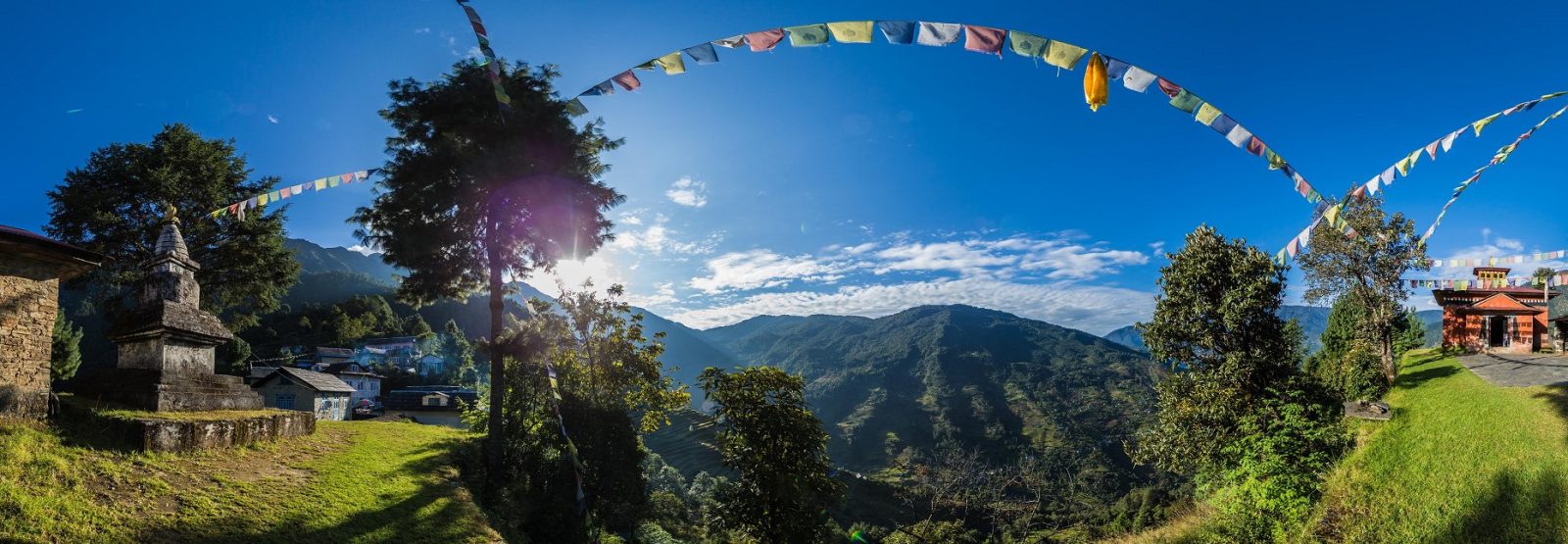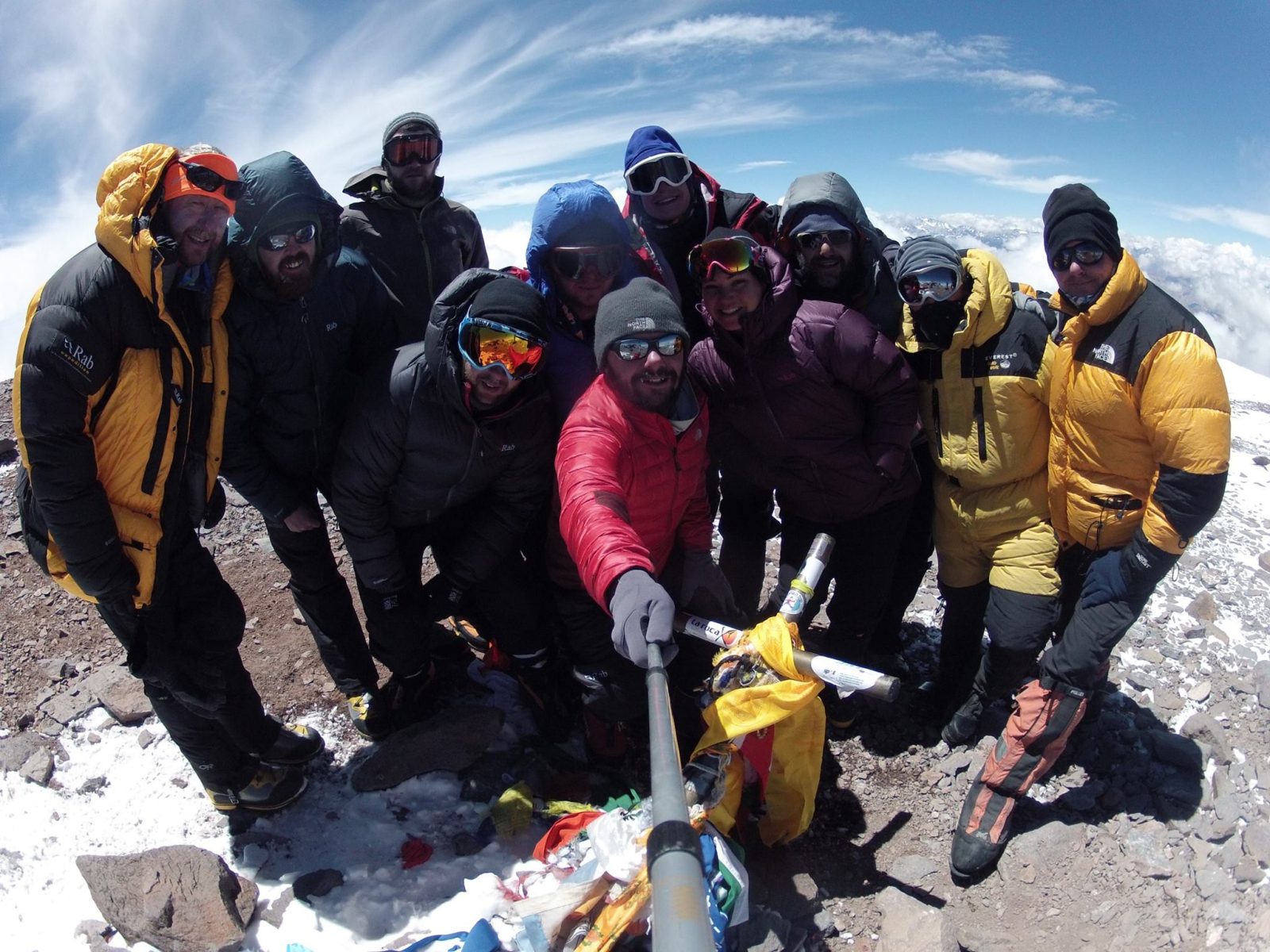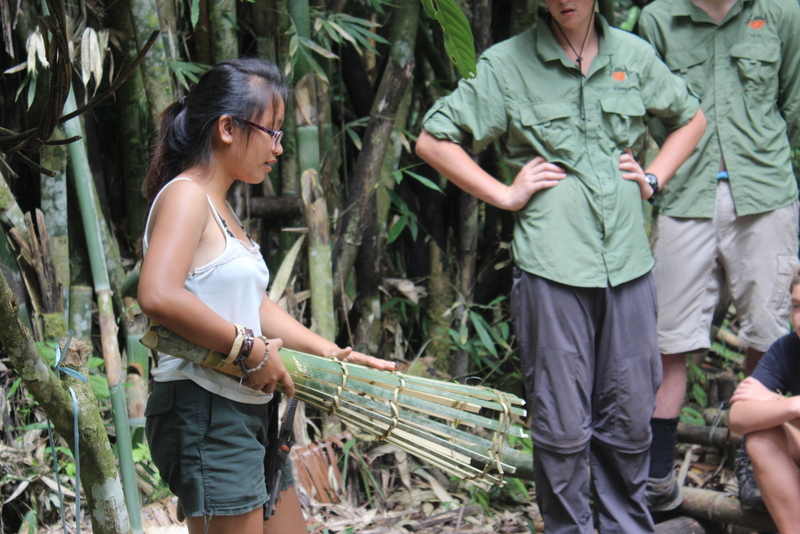
Culture of Argentina
CULTURE OF ARGENTINA
Many of our Mount Aconcagua climbers love to explore the culture of Argentina, which varies widely across the different ethnic groups and the immigrants that settled there. Largely influenced by Spanish, Italian and other European backgrounds, modern Argentina is a modge podge of European meets American Indian. This unique blend gives Argentina its distinctive cultural flair. For example, Buenos Aires is often referred to as “little Europe” because it is home to fantastic European architecture in a South American setting.
RELIGION
Although native Indians once dominated Argentina, the onset of European settlers drove Argentina to be a majority Roman Catholic. Catholic holidays are observed on the national calendar and churches can be found almost everywhere. In fact, the current pope is Argentinian.
DRESS
Argentina is one of the more fashion-forward countries in Latin America. People dress smart and in fashion for the season. Argentina isn’t as conservative with dress like other nations. However, if you do plan on visiting churches, be respectful. In more rural ranching areas, fashion trends towards more traditional gaucho or cowboy dress.
UNIQUE ETIQUETTE
On the whole, Argentinians are direct and blunt. They are warm people who often communicate in close contact with one another. It is not uncommon to have little physical distance between speakers. When meeting people from Argentina a handshake with eye contact will do. If there is a third party, wait to be introduced.
If you are invited into an Argentine home dress well (wear a tie or dress) and arrive 30-45 minutes later than expected. Being on time in Argentina is not considered normal. Bring a small gift, but nothing like a knife or scissors, as this is a symbol of cutting ties.
When dining, wait for the host to tell you where to sit. Always keep your hands visible and do not put your elbows on the table. Wait for a toast before you drink. Also, it is considered okay to leave a small portion of food on your plate when you are finished.
FOOD AND DRINK
Argentina knows good food and drink. The culinary ingredients of South America met the flavors of Europe in Argentina. The result was magic. Empanadas are a popular snack in the region and throughout South America. Essentially a stuffed meat pastry, these tasty snacks are sure to satisfy your hunger.
Asado, or an array of BBQ’d meats are a staple of every Argentine diet. Argentina is the highest consumer of red meat in the world and to many, Asado is their national dish. Vegetarians will have a hard time here, as the concept is not well understood in Argentine culture.
As for drink, there is, of course, wine. Argentina contains the largest wine industry outside of Europe and is the fifth largest wine producer in the world. One of the more famous regions is the Mendoza region, home of the Malbec. Malbecs are rich reds that have more earthy tones. Another famous Argentine drink is Mate. Traditional in many South American countries, Mate is made with dried leaves of Yerba Mate. The drink contains mateine, which is similar to caffeine. Traditionally this drink is served in a hollow calabash gourd and served with a “bombilla” or special metallic straw. The drink is strong and produces effects similar to espresso.
HAGGLING
Haggling is not customary in Argentina. However, if you are buying items in bulk, you might be able to ask for a discount. Remember, others need to make a living too. However, if something is extremely over-priced, buying it will only encourage vendors to overcharge.
TIPPING
Tipping 1-5 pesos at hotels is considered acceptable. For restaurants, a 10% tip is appreciated for good service. In taxis, simply round up your fair or leave a few pieces of change.
Tipping your guide and porter is certainly welcomed, but not required.
SUSTAINABILITY
Here at Adventure Alternative we always promote sustainable tourism practices. We believe in treating your water instead of relying on disposable plastic bottles. In the mountains where there are no toilet facilities, we require you to pack out your waste. Furthermore, we encourage you to go one step further and use cloth bags for your shopping, cutting down on the use of disposable plastic bags. Be aware of what you are buying and the packaging it is in. Together, we can make a difference and minimize our impact on the planet.
FESTIVALS
Annual holidays include holidays recognized by the Catholic church, such as Christmas and Easter. However, Argentina has several other holidays and festivals to note.
- San Antonio de Areco Gaucho: The Gaucho Festival held in November in the town of Parque Criollo
- Gualeguaychu Festival: held in January and February the town of Gualeguaychu has a colorful festival filled with parades, dancing, and live music.
- Tilcara Carnival Festival: The Carnival festival of Tilcara lasts nine days and celebrates Earth. People believe that the devil takes possession of their souls during this time so people let loose.
- Buenos Aires Tango Festival: Every march people from all over Argentina come to the capital to celebrate tango.
- Buenos Aires International Independent Film Festival: A 10-day festival in May that celebrates the indy film scene.
- Buenos Aires Contemporary Art Fair: This exhibit in late May celebrates the extensive contemporary art scene in the capital
- Independence Day: Held July 9th, this festival marks the emancipation from Spain. It is a patriotic festival.
- Tango Word Championships: August is tango season. This competition is held in Buenos Aires every year
- Semana Musical Llao Llao: In November, the town of Bariloche celebrates classical music with performances from artists world-wide.
- Buenos Aires Gay Parade: There is a large gay population in Buenos Aires. Every November is pride festival.
Book Your Adventure of a Lifetime Now
Discover our trips to other Countries
Adventure Alternative Articles

12 MONTHS, 12 MOUNTAINS
Climbing Calendar Ready for World Mountain Day In celebration of World Mountain Day, we've created a calendar for the year to make it easy for...

Mount Aconcagua Trip Review
January 2016 This year we had a team of twelve clients from four different countries – Iran, Ireland, England, South Africa and Argentina –...

Alcey’s Survival Skills Course at Lupa Masa Jungle Camp
SURVIVAL SKILLS COURSE AT LUPA MASA JUNGLE CAMP | ADVENTURE ALTERNATIVE In celebration of International Rural Women’s Day, we’re talking...